Saving Toads, One Road at a Time: UK’s Efforts to Save Migrating Amphibians
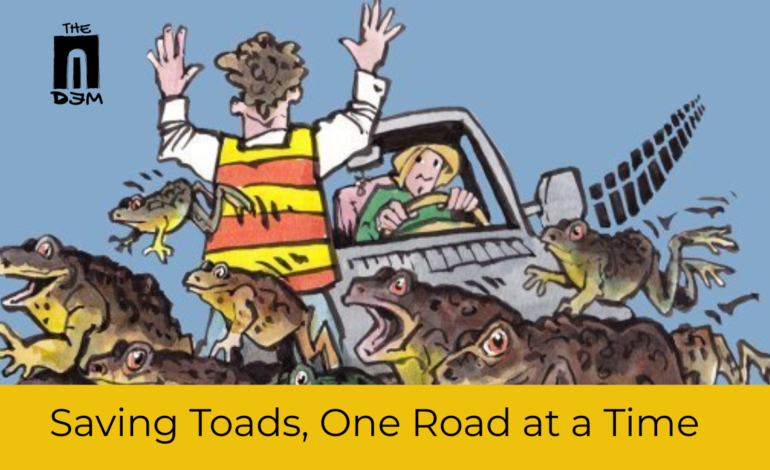
Every spring in the United Kingdom, as temperatures rise and daylight hangs around a little longer, an incredible natural migration begins. Thousands of common toads, frogs, and newts commence their journey from hibernation sites to breeding ponds—a rite of passage that has existed for over a millennia. However, in the modern landscape, this ritual is increasingly endangered, as roads, traffic, and urban encroachment pose lethal barriers to these small but ecologically significant creatures.
In response, communities and conservationists have launched a growing number of initiatives to ensure a safe path for amphibians. In several areas across the UK, roads have been temporarily closed to facilitate amphibian migrations, with volunteers—a.k.a. “toad patrols”—working tirelessly to guide the animals across.
Volunteers save thousands of toads from busy road – BBC
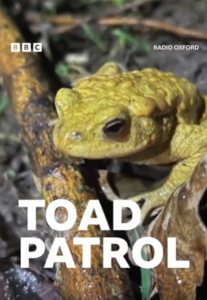
The most high-profile example of this conservation movement recently unfolded near Bath, Somerset. Since 2003, a section of the London Road West has been closed to vehicles for several weeks each year to allow amphibians to cross cautiously. This year as well, the road remained closed for up to six weeks, from mid-February to the end of March, during the peak breeding migration season. The closure is not arbitrary—years of data collected by the Avon Reptile and Amphibian Group (ARAG) and local volunteers who noticed alarmingly high amphibian mortality rates on the road, which drove this initiative. In a single season, hundreds of toads, frogs, and newts were being crushed under the wheels of cars.
Road closures like this are supported by Bath and North East Somerset Council, which has stated environmental responsibility and public support as key reasons for sustaining the measure. Temporary barriers and signs are placed to deter traffic and guide the amphibians toward designated crossing points, assisted by volunteers.
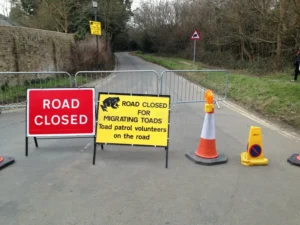
The UK’s amphibian populations have been in steady decline for decades, primarily due to habitat loss, climate change, disease, and road mortality. Common toads, once abundant across the countryside, are now considered a species of conservation concern. Toads are particularly vulnerable during their migration. Unlike frogs, which often hop quickly, toads walk slowly and steadily. Their snail-pace, combined with the warming effect of roads, makes them susceptible to being run over.
In dozens of locations across the UK, groups of volunteers have taken it upon themselves to act as amphibian guardians during the crucial migration weeks. These “toad patrols” use reflective vests and headlamps to walk along key migration routes at dusk, collecting toads in buckets and ferrying them safely across roads. The work is often cold, wet, and exhausting—but extremely rewarding. For many volunteers, it’s a way to give back to nature and engage with their local community.
These local initiatives have caught the attention of international media and conservationists. In February 2024, several news outlets covered the Bath road closure, highlighting the unusual but heartwarming scenes of a major urban road being shut down not for repairs or construction—but for toads. The coverage has played a vital role in raising public awareness about the plight of amphibians and has even inspired similar measures in parts of Europe, such as Spain and Germany, where amphibian tunnels and seasonal closures are commonly employed. In the US, environmental organizations like Environment America are also advocating for “toad crossings”, using signage, fencing, and community volunteers to assist migrating amphibians. The global recognition of these issues suggests a growing understanding that even the smallest creatures deserve space and safety in our shared environment.
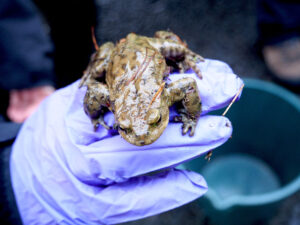
While road closures and patrols might seem like minor conservation actions, scholars argue that they can have a profound impact. But to make a long-term difference, these local efforts must be paired with broader changes: the construction of permanent toad tunnels under busy roads, the preservation of wetlands corridors, and stronger environmental policies to alleviate habitat loss. Still, the UK’s extensive network of toad patrols and amphibian-friendly infrastructure stands as a testament to the power of community-driven conservation. In a world preoccupied with large-scale environmental crises, the quiet work of helping a toad cross the road reminds us that even small, humble acts of care can have a spillover effect.








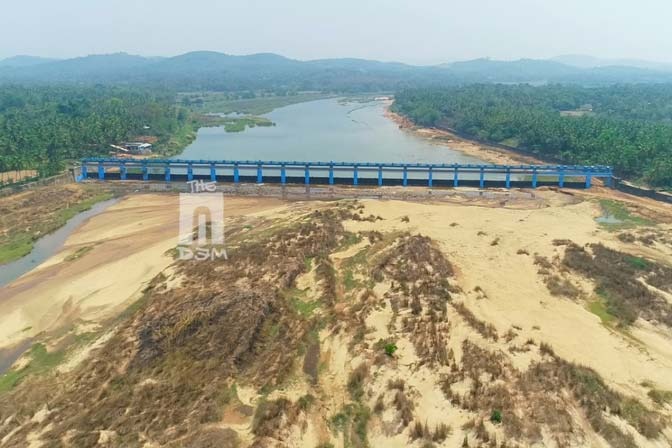



Wonderful dear..keep writing and keep sharing 🤗